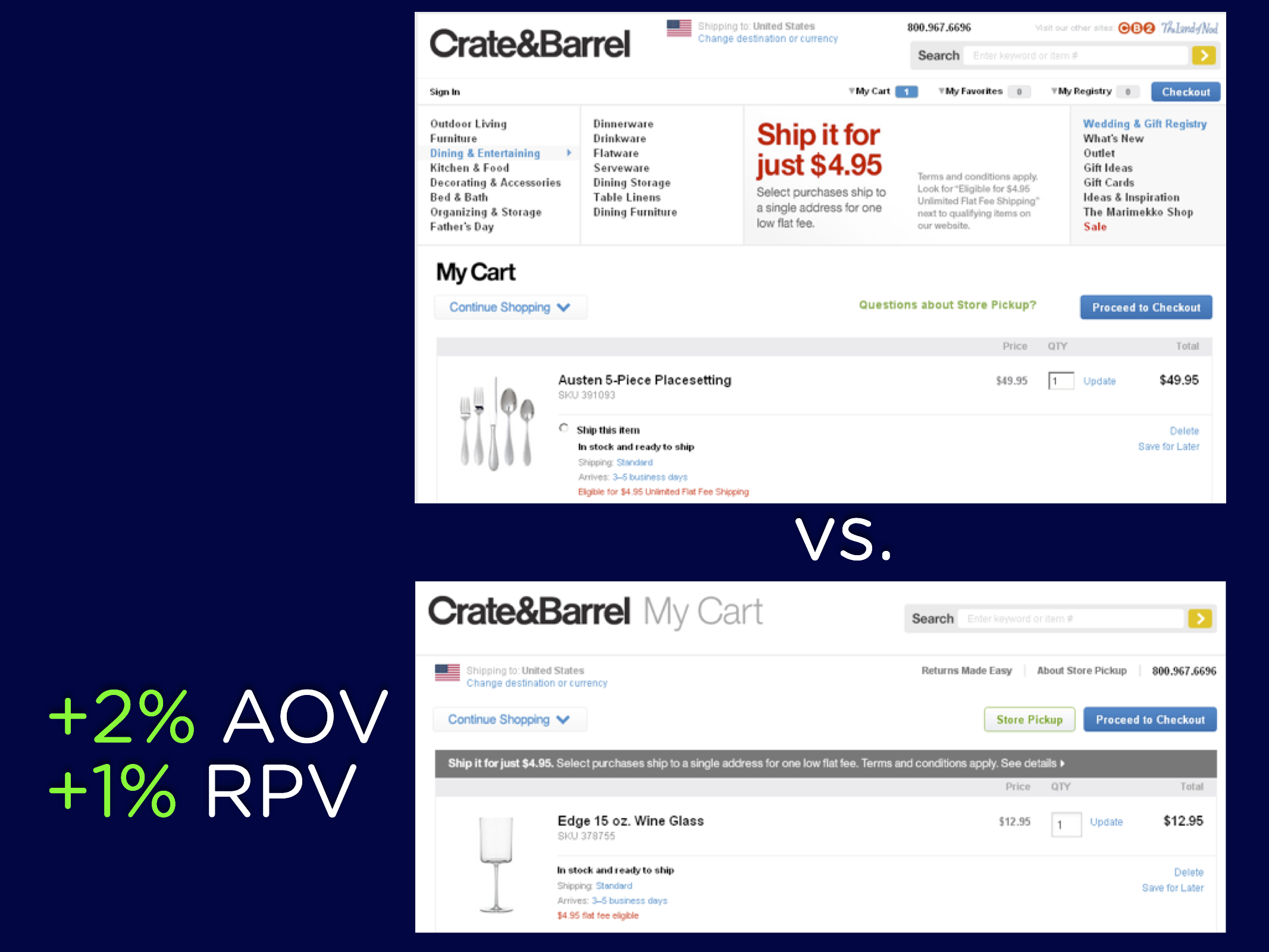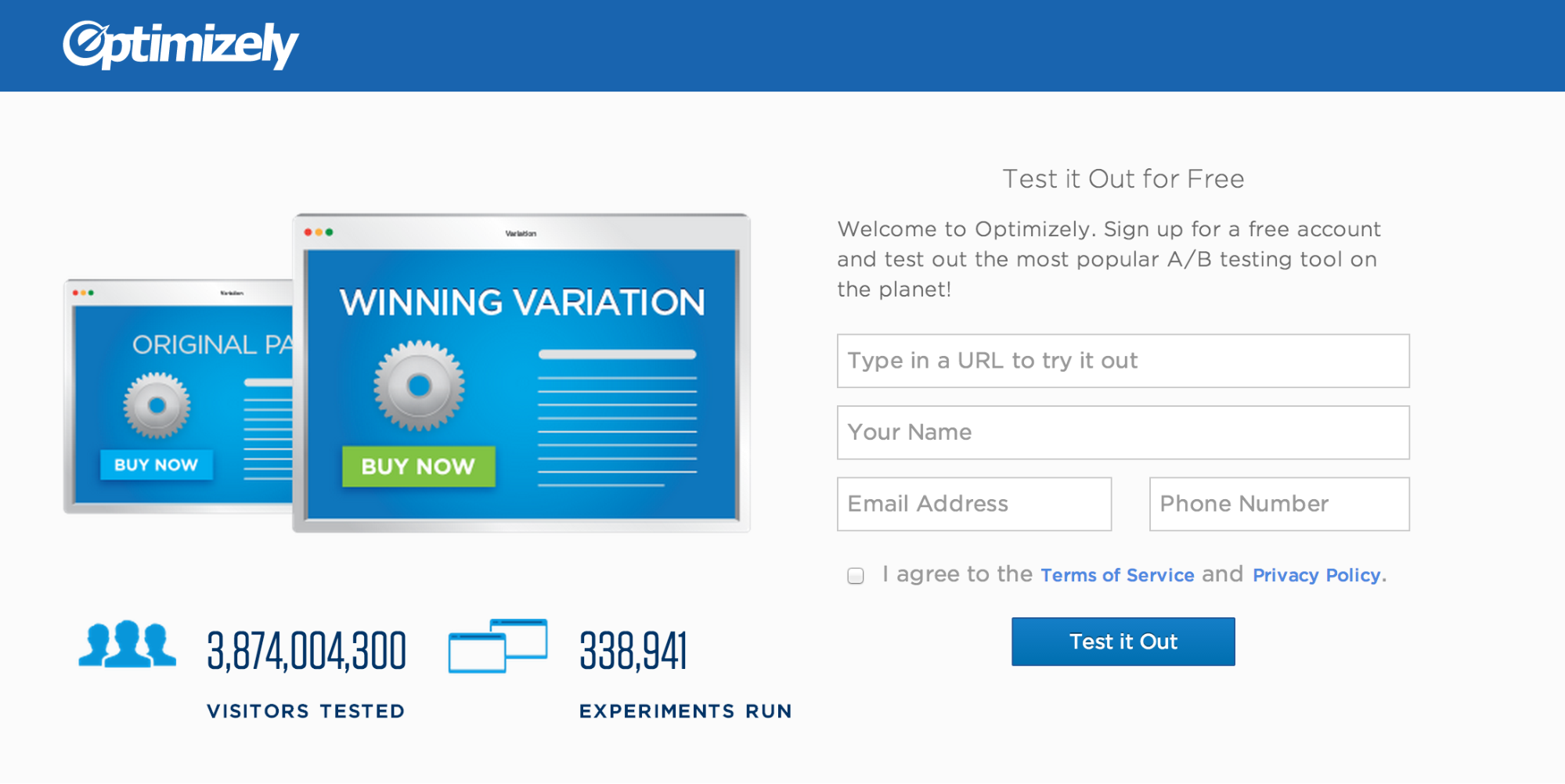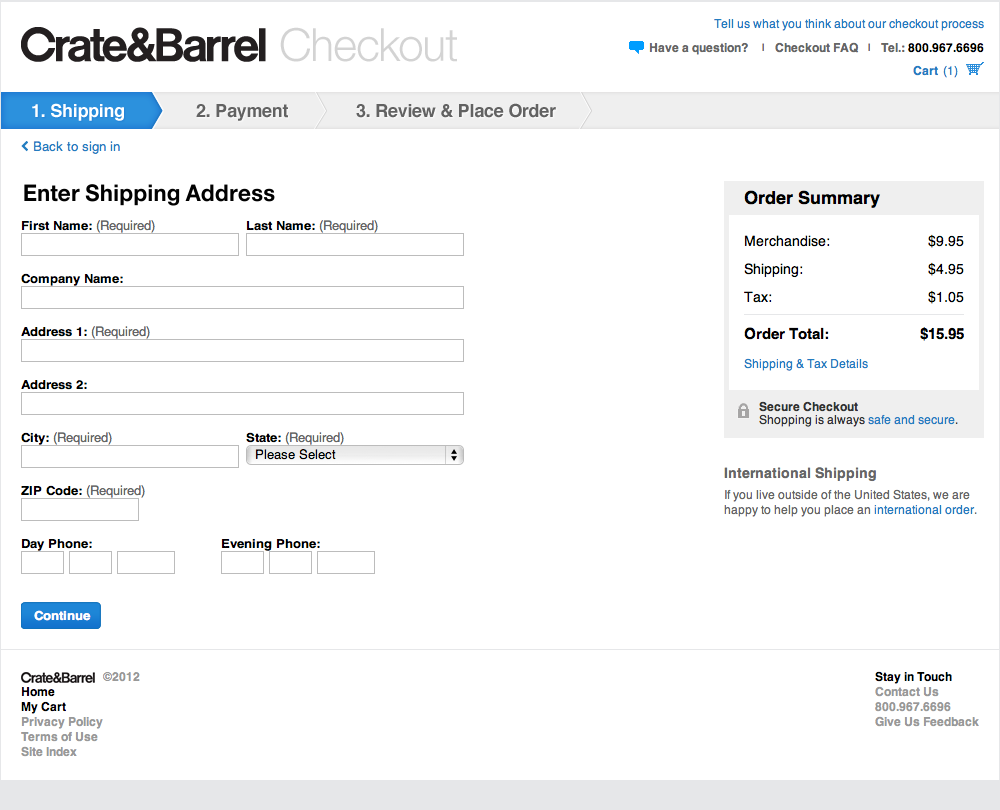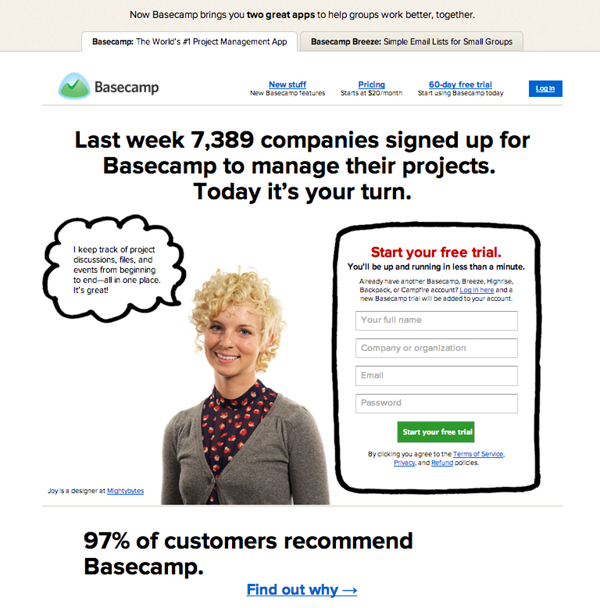#behavioral economics
-

Testing Theory: Mo' Choices, Mo' Problems
When asked, most of us would say we’d prefer more options to choose from, rather than fewer. We want to make the best possible choice, so more options should increase the likelihood we’ll choose correctly. But in actuality, research shows that more choice usually leads to worse decisions, or the abandonment of choice altogether. In this post, I will describe how we can use this knowledge to generate A/B test ideas.
-

Using Data for Social Proof
I recently ran a test on Optimizely's free trial signup page that's a great example of using social proof to increase conversions. I've written about social proof before, but the gist of the idea is that telling a person other people are already using your product or service makes them more likely to also use it.
-

Using Channel Factors to Increase Offline Conversions
Anyone who has ever ignored to-do lists knows that any friction between yourself and your goal leads to frustration and potentially giving up altogether. This lesson applies to real life equally as well as it does to visitors on your website.
-
Framing your message for maximum impact
A common piece of advice in the website optimization space is to test headlines and copy to find the optimal messaging. But there are endless possibilities and it’s not feasible to test them all, so how do you focus your tests on only the content that’s most likely to have an impact? Having a good hypothesis of why a change will be effective is key, and one such theory is framing.
-

The Importance of Good Defaults
One of the simplest and most robust findings from behavioral economics is that when people are faced with a choice they tend to stick with the default option. This sounds like something that shouldn’t have any effect on people.
-

Everyone’s Reading This: Increase Conversions With Social Proof
Looking for a way to get users to engage with your product or service? Just tell them everyone else is doing it. Although we like to think of ourselves as independent beings who make our own decisions, studies show that touting popularity and ubiquity is a very effective form of persuasion.